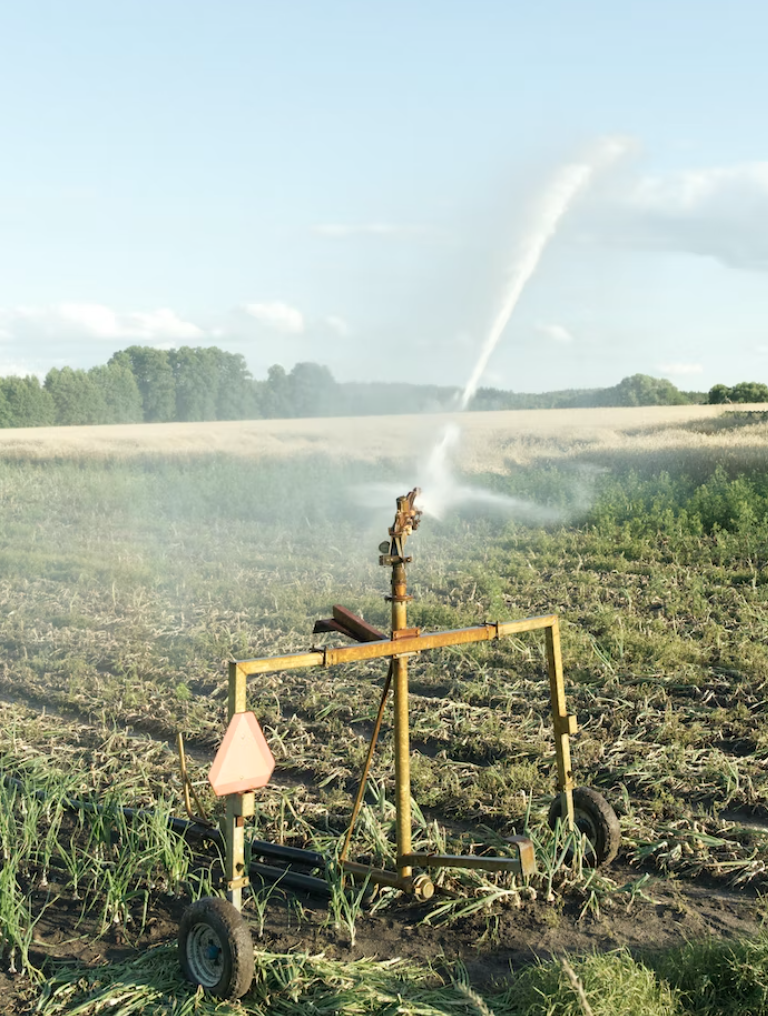Podcast: Computer models as a tool for sustainable water planning

Summary
The primary goal of technology and planning in water management is to provide high-quality, sufficient amount and sustainable water for cities, industries, farmlands, and different ecosystems around us. In this episode with our guest Jack Sieber, a Senior Scientist and Technology Officer at Stockholm Environment Institute, we will discuss an essential water modeling tool developed by Stockholm Environment Institute called WEAP (Water Evaluation And Planning). Access more information about WEAP online.What does the episode cover?
Hear Senior Scientist and Technology Officer Jack Sieber, and the podcast hosts Vishal Mehta (Senior Scientist) and Juan Carlos Giraldo discuss:
- What does planning mean in water management and what are the ingredients for good planning? Who is involved in water planning? (2:10)
- What is WEAP? How did it start and what are its main features that make it stand out against other water management tools? (4:20)
- Is there a particular situation or region that is particularly memorable when it comes to WEAP’s use? (8:50)
- How can WEAP help water management in future scenarios? (12:20)
If you like what you hear and want to explore more water stories on securing water, energy, and food security for all from Stockholm Environment Institute (SEI) experts, then find a complete list of episodes and podcast platforms online.
This weADAPT article borrows text from SEI’s Water Stories podcast webpage. Please access the original text for more detail, and full transcripts.
(0) Comments
There is no content